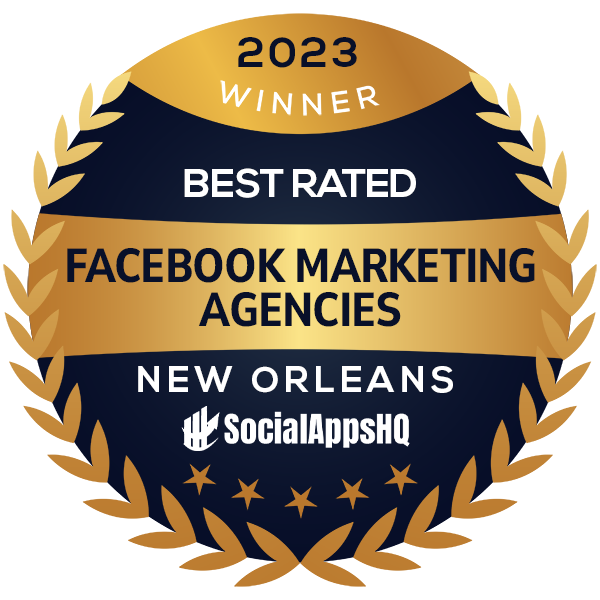AI In Marketing: Using AI for Targeting and Audience Segmentation
While ChatGPT, Google Bard AI, Bing AI Chat, etc are newcomers to the Artificial Intelligence (AI) space, AI has been used for routine digital marketing across all sectors of business. AI continues to impact digital marketing in a number of ways, from data analysis, to audience segmentation, to automation and management of marketing campaigns. Here, we'll review a variety of areas where we see the greatest impact and potential.
1. Data Analysis and Insights
AI has the capacity to analyze large amounts of data, including customer behavior, demographics, and preferences, all obtained from numerous sources. AI algorithms can produce useful insights and trends by processing this data, which marketers can use to influence decisions about targeting, personalization, and content development. An example of AI being used to process data for the purposes of better targeting is Performance Max Campaigns by Google. They utilize audience signals to target your campaigns to help maximize campaign performance.
2. Customer Segmentation and Targeting
Targeting and segmenting clients based on their behavior, interests, and preferences is possible with AI algorithms. This gives advertisers the ability to design highly targeted and customized marketing campaigns, thus improving conversion rates and impact. The capability exists across all digital platforms, including Connected TV, mobile devices, and desktop computers, where AI can ensure you are reaching the right audience at the right time.
3. Predictive Analytics
Predictive analytics helps forecast consumer behavior, spot possible churn, and identify emerging trends. This ultimately leads to improved marketing tactics and campaigns and the ability to provide personalized experiences for consumers. Predictive analytics positively impacts targeting and allows for extending reach across digital media channels, such as social media, programmatic, paid search, etc.
4. Ad Targeting and Optimization
AI algorithms analyze user behavior and preferences to deliver highly targeted advertisements across various digital platforms. By optimizing targeting, AI helps marketers improve ad relevance, increase performance, and maximize return on ad spend.
For example, Meta uses various data elements to more accurately forecast likely ad responses through AI, with their latest systematic upgrade called Advantage+ (Meta's automated ad targeting technique). Coupled with sophisticated automated targeting algorithms, AI analyzes a vast amount of user data to create more accurate audience segmentation. This increases the effectiveness of advertising campaigns by enabling advertisers to target very specific and relevant groups.
AI-enabled automated targeting has the potential to continuously monitor campaign effectiveness and make real-time adjustments based on campaign goals. In order to improve performance, the technology may automatically adjust targeting parameters, such as demographics, interests, and behaviors.
5. Social Media Analysis
AI algorithms monitor and analyze social media platforms to gather insights about brand sentiment, customer opinions, and emerging trends. Marketers can leverage this information to refine their social media strategies, engage with customers, and manage brand reputation effectively.
6. Personalization
By integrating customer data such as browsing history, purchase behavior, and interactions with your business, AI can create customized messages. This allows marketers to deliver relevant content, product recommendations, and offers that are tailored to individual consumer interests, ultimately increasing the likelihood of engagement and conversion. Providing personalized experiences can improve conversion, client retention, and the development of better relationships.
7. Dynamic Content Generation
AI can automate the process of producing dynamic content, changing based on the characteristics or actions of each unique consumer. AI algorithms, for instance, can create customized email subject lines, product descriptions, or website landing pages that are suited to particular client segments or even to a single customer.
8. Natural Language Processing
AI-backed, natural language processing tools scan client comments, reviews, and social media interactions to assess sentiment and acquire insights. Marketers utilize this data to improve their overall marketing strategies, respond to customer issues, and communicate more effectively.
Overall, AI continues to transform digital marketing by automating tasks, providing valuable insights, and enabling personalized experiences. We see this now, benefiting clients and campaign performance across our digital partners such as Google, The Trade Desk, Facebook, and Microsoft. By leveraging AI technologies as they continue to grow and improve, marketers can enhance their efficiency, improve customer engagement, and drive better business outcomes.








